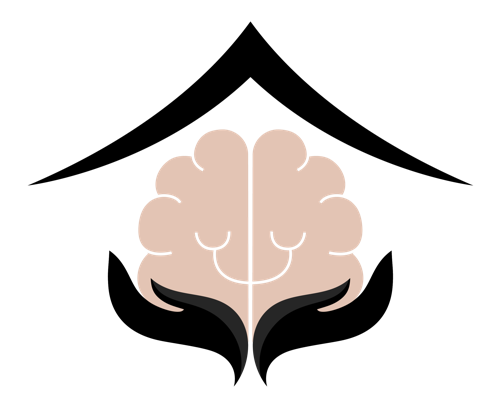Many people consider sleep as a luxury or a waste of time. However, sleep plays a crucial role in our mental health. Poor sleep habits could worsen or lead to various mental health issues, such as anxiety and depression. Likewise, poor mental health could disrupt your sleep. Therefore, this blog post explores the connection between sleep and mental health to help you improve your overall well-being.
 Mental Health and Sleep
Mental Health and Sleep
Various studies have shown that sleep deprivation is a common trigger for mental health disorders. On the other hand, good sleep habits can enhance your psychological resilience against stressors. For instance, a study revealed that people who slept less than six hours every night had a three times higher risk of depression than those who slept for six to eight hours. Therefore, it is essential to prioritize your sleep to avoid or minimize mental health disorders.
Stress and Sleep
Stressful situations could disrupt our sleep patterns. You might have trouble sleeping or staying asleep if you’re dealing with chronic stress. Likewise, a lack of sleep could increase your stress levels. This vicious cycle could lead to various mental health issues affecting your daily life. Therefore, finding ways to manage your stress levels, such as through exercise or meditation, is crucial to improve your sleep habits and overall well-being.
Anxiety and Sleep
Anxiety disorders could cause sleep issues, such as insomnia or nightmares. Similarly, inadequate sleep could worsen anxiety symptoms. Therefore, it is crucial to address both issues simultaneously to improve your overall well-being. To reduce anxiety before bed, try to create a relaxing bedtime routine, such as taking a warm bath or reading a book.
Depression and Sleep
Depression could cause sleep issues, such as insomnia or hypersomnia. Likewise, inadequate sleep could worsen depression symptoms, such as low mood and lack of energy. Therefore, it is vital to address both issues to improve your overall well-being. Try to maintain a consistent sleep routine, such as going to bed and waking up at the same time every day, to improve your sleep habits.
Tips for Improving Your Sleep Habits:

– Avoid caffeine and sugary foods before bed
– Create a relaxing bedtime routine
– Exercise regularly
– Reduce your exposure to screen time before bed
– Keep your bedroom dark and noise-free
– Invest in comfortable bedding and pillows
In conclusion, sleep and mental health are interconnected, and a lack of sleep could lead to various mental health issues, such as anxiety and depression. Therefore, it is essential to prioritize your sleep to avoid or minimize mental health disorders. Try to create a relaxing bedtime routine, manage your stress levels, and maintain a consistent sleep routine to improve overall well-being. Remember, quality sleep is as important as a healthy diet and regular exercise. Schedule an appointment with a mental health provider today to address your concerns!



